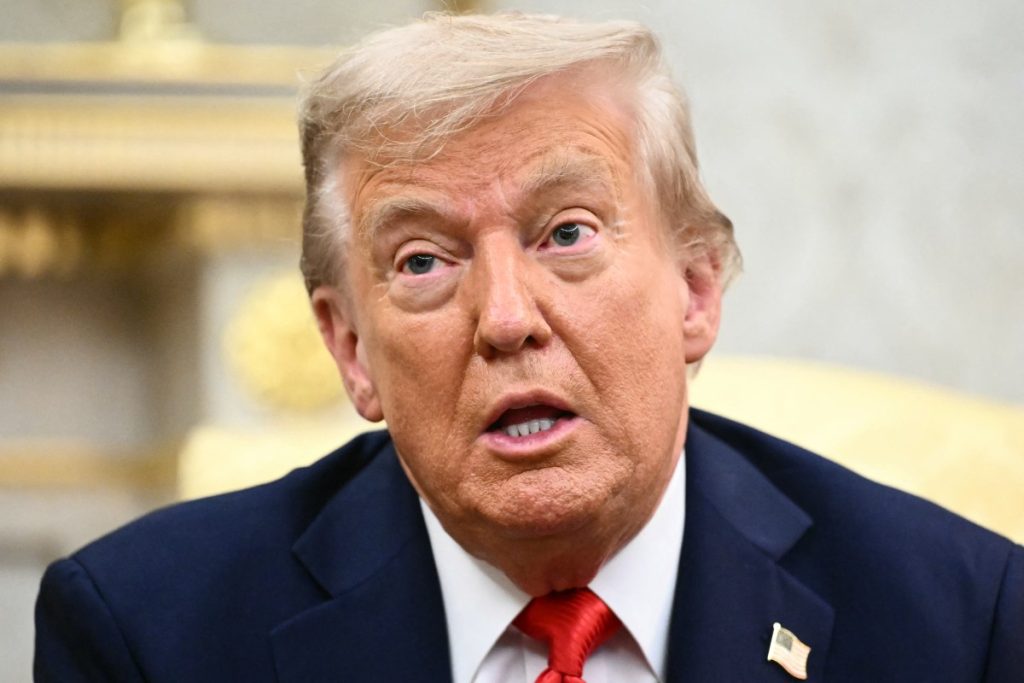Justices of the U.S. Supreme Court, including conservative ones, repeatedly asked critical questions of the administration of Donald Trump as they heard arguments on whether the president had the authority to impose sweeping tariffs under a 1977 emergency law.
The judges heard arguments from the administration and opponents of Trump’s actions in a session lasting more than two hours on Wednesday.
It was unclear when a ruling would be handed down. U.S. media reported it could take weeks to months.
“The vehicle is imposition of taxes on Americans, and that has always been the core power of Congress,” Chief Justice John Roberts, an appointee of Republican president George W Bush, said during the hearing.
The case concerns country-specific tariffs first announced by Trump in April, targeting dozens of U.S. trading partners.
The administration later adjusted some rates.
In invoking the International Emergency Economic Powers Act of 1977 (IEEPA), Trump argued that trade deficits with other nations posed a national security risk, justifying tariffs without congressional approval.
An appeals court disagreed, saying tariffs fall within Congress’s remit and dealt a blow to Trump’s aggressive trade policy.
In its appeal, the Trump administration argues that stripping the president of this tariff authority would endanger trade deals struck with major partners, arguing that the agreements were negotiated under pressure from the contested tariffs.
The post U.S. Supreme Court asks critical questions about Trump’s tariffs appeared first on Vanguard News.

